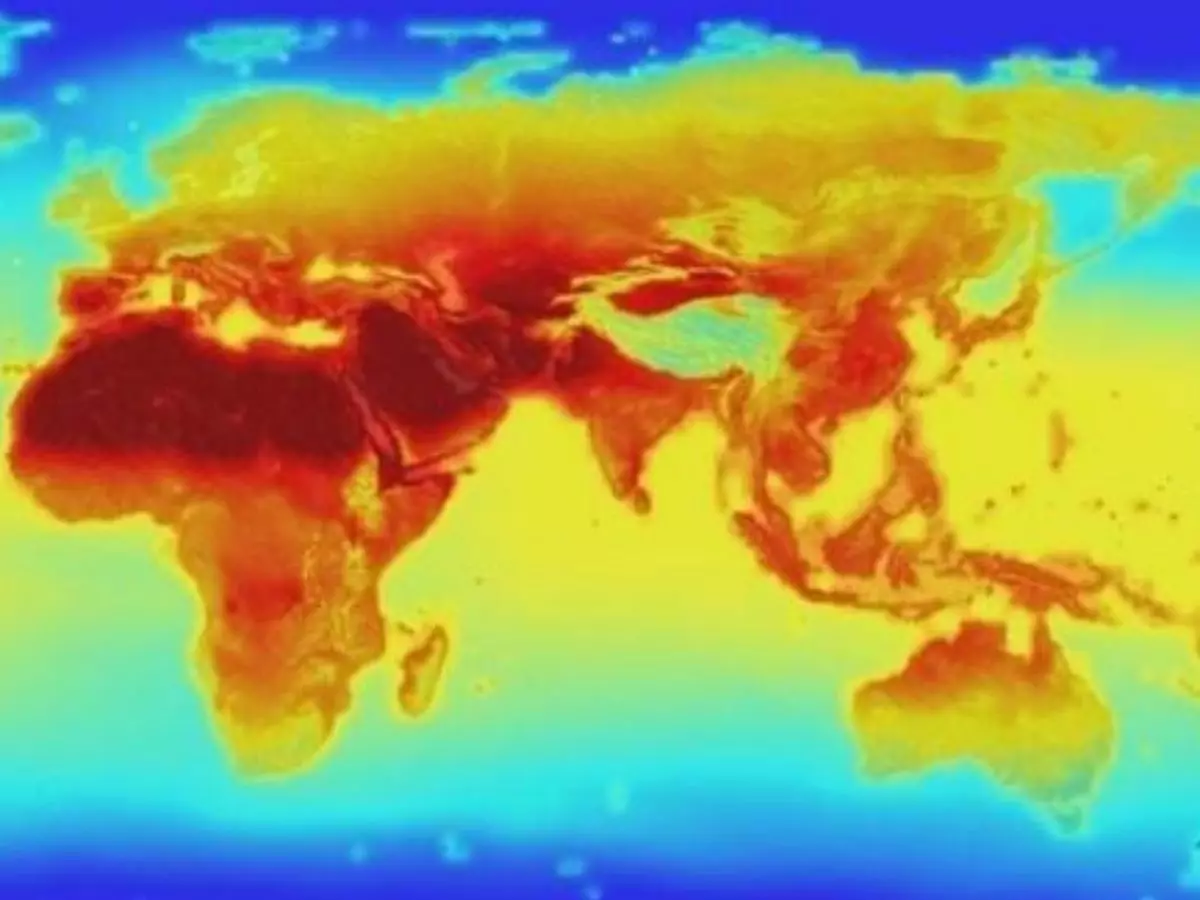Earth's Temperature Has Risen To Levels Not Seen In Past 125,000 Years
Darrell Kaufman, the lead author of the study said, it's a grim situation right now

It is no news that our planet is getting warmer day by day due to the pollution humanity is causing.
And this damage might have turned off for a while during the COVID-19 lockdown, it hasn¡¯t been enough to eliminate climate change.
 NASA
NASA
And now, researchers have discovered that the temperature spike trend the Earth is experiencing now might not have been seen for 125,000 years.
This is according to a study published in the scientific journal Nature, where scientists mapped temperatures over the past 12,000 years to look at the trend of changes.
They took the help of the ¡®Temperature 12K¡¯ database that was developed by the team sometime this year after compressing results from 1,319 data records collected from over 600 sites across the world.
They reconstructed temperatures using glacial cores, lake as well as marine sediments from this time period. They also took the help of deposits found in caves, corals and the fossils of insect larvae to denote the temperatures at which they were preserved.
The analysis couldn¡¯t really split temperature changes by the decade, indicating that the 12,000-year temperature reconstruction cannot be compared with any recent decade.
 Nature/Scientific Data
Nature/Scientific Data
Darrell Kaufman, the lead author of the study said, "It's possible that the last time the sustained average global temperature was 1¡ãC above the 19th century was prior to the last Ice Age, back around 125,000 years ago when sea level was around 20 feet higher than today."
Research professor Michael explained, ¡°Earth's initial cooling was driven by slower cycles in the Earth's orbit. This reduced the amount of summer sunlight in the Northern Hemisphere, culminating in the "Little Ice Age".
However, as the Industrial revolution took force, the temperatures began to climb, and researchers claim that this will continue to rise now.
 Getty Images
Getty Images
According to Nicholas McKay, the co-author of the study, ¡°This past decade was likely cooler than what the average temperatures will be for the rest of this century and beyond, which are very likely to continue to exceed 1¡ãC above pre-industrial temperatures.¡±
He added, ¡°Our future climate will largely depend on the influence of human factors, especially the build-up of greenhouse gases. However, the future climate will also be influenced by natural factors, and it will be complicated by the natural variability within the climate system. Future projections of climate change will be improved by better accounting for both anthropogenic and natural factors.¡±
